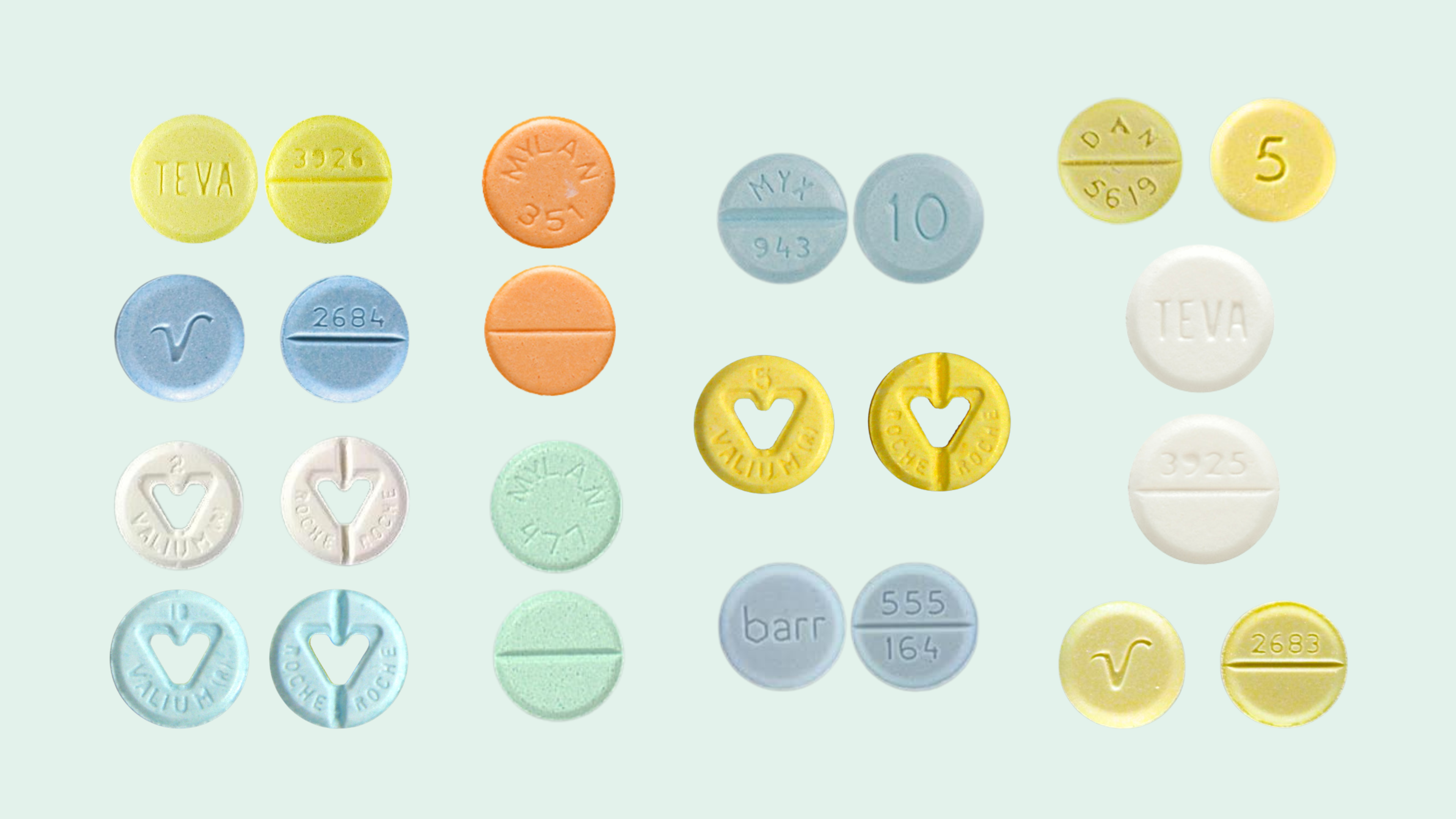Life after Valium addiction requires ongoing commitment. Here are some key aspects of maintaining recovery:
· Relapse Prevention: Develop strategies to identify and avoid situations that might lead you to use Valium again.
· Support System: Surround yourself with supportive people who understand your journey and encourage your sobriety.
· Self-Care: Prioritize healthy habits like good sleep, exercise, and a balanced diet to reduce stress and promote overall well-being.
· Continued Therapy: Regular therapy sessions can help you address challenges that may arise in your post-treatment life.
· Support Groups: Connecting with others in recovery can offer invaluable support and encouragement.
Remember, you are not alone. If you or someone you know is struggling with Valium addiction, help is available. Reach out to a healthcare professional or a treatment center for guidance and support on your path to recovery.
Help is Available
If you or someone you know is struggling with Valium addiction, remember you’re not alone. Addiction is a treatable disease, and effective treatment options are readily available. With the right support system and commitment to recovery, a life free from Valium dependence is achievable.
If you’re unsure where to begin, consider reaching out to a qualified addiction treatment center. Their compassionate staff can provide guidance and help you navigate the treatment process. Remember, taking the first step towards recovery is the most important one.
Additional Resources:
This article provides a general overview of Valium addiction treatment. It’s crucial to consult with a healthcare professional for personalized guidance and treatment recommendations.
Here are some additional resources to support your journey:

